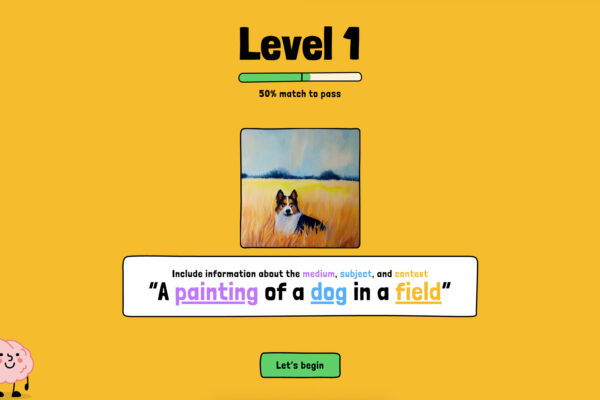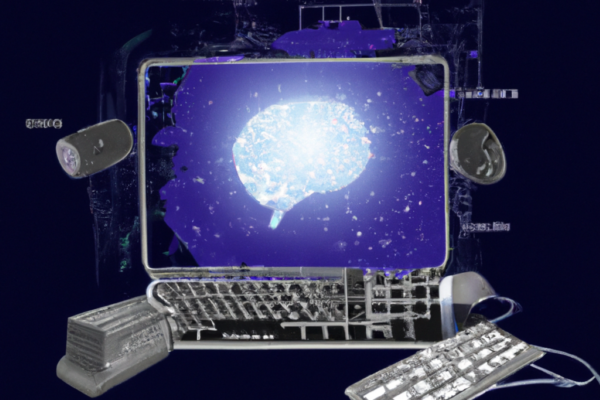Artificial Intelligence (AI) has been a transformative force across various domains, and the realm of programming languages is no exception. As AI continues to evolve, its impact on different programming languages becomes increasingly profound, altering how developers write, optimize, and interact with code. Here’s an in-depth look at how AI is reshaping the programming landscape.
1. Enhanced Code Completion and Generation
One of the most noticeable impacts of AI on programming languages is in the realm of code completion and generation. Tools like GitHub Copilot, powered by OpenAI’s Codex, have revolutionized the way developers write code. These AI-driven tools suggest code snippets, complete lines, and even entire functions based on the context provided by the developer.
- Python: Python, known for its simplicity and readability, benefits significantly from AI-powered code completion tools. These tools can understand the context and structure of Python code, making it easier for developers to write clean, efficient code faster.
- JavaScript: JavaScript developers also gain from AI tools that can predict and suggest code, reducing the amount of boilerplate code they need to write. This is particularly useful in large, complex projects where maintaining code consistency is crucial.
2. Improved Debugging and Error Detection
AI-driven debugging tools can analyze code and detect errors more efficiently than traditional static analysis tools. By learning from vast amounts of code data, these tools can identify common patterns that lead to bugs and suggest fixes.
- Java: Java, a language known for its verbosity and extensive use in enterprise applications, can benefit from AI tools that streamline the debugging process. AI can help in detecting null pointer exceptions, memory leaks, and other common issues more effectively.
- C++: In a language like C++, where manual memory management and pointer arithmetic can lead to complex bugs, AI-driven tools can significantly reduce the time spent on debugging by providing intelligent insights and solutions.
3. Optimized Code Performance
AI algorithms can analyze code performance and suggest optimizations that a human developer might miss. This is particularly useful for languages used in performance-critical applications.
- C: C, often used in systems programming and applications where performance is paramount, can see substantial gains from AI-driven optimizations. AI tools can suggest more efficient algorithms and data structures, improving runtime performance.
- Rust: Rust, known for its emphasis on safety and performance, can leverage AI to suggest optimizations that maintain safety guarantees while enhancing performance.
4. Language-Specific Innovations
Different programming languages are seeing unique innovations driven by AI, tailored to their specific use cases and community needs.
- Ruby: Ruby, popular in web development through the Ruby on Rails framework, can benefit from AI tools that automate repetitive tasks, such as scaffolding and generating boilerplate code, allowing developers to focus on business logic.
- Go: Go, with its simplicity and efficiency in building scalable systems, can use AI to improve concurrency patterns and memory management, making Go applications even more robust and performant.
5. Revolutionizing Learning and Skill Development
AI-powered educational tools are transforming how new developers learn programming languages. Interactive coding platforms that use AI can provide real-time feedback, personalized learning paths, and instant code reviews.
- Swift: For languages like Swift, used in iOS development, AI-driven educational tools can help new developers quickly get up to speed with the latest frameworks and best practices, accelerating the learning curve.
- Kotlin: Similarly, Kotlin, which is increasingly popular for Android development, can leverage AI in educational tools to help developers transition from Java and understand Kotlin’s unique features more efficiently.
Conclusion
The impact of AI on programming languages is multifaceted, driving enhancements in code completion, debugging, performance optimization, and learning. As AI continues to evolve, its integration with various programming languages will deepen, fostering a more efficient, error-free, and innovative coding environment. Developers who embrace these AI-driven tools and techniques will find themselves at the forefront of a rapidly advancing technological landscape.





Leave a Reply